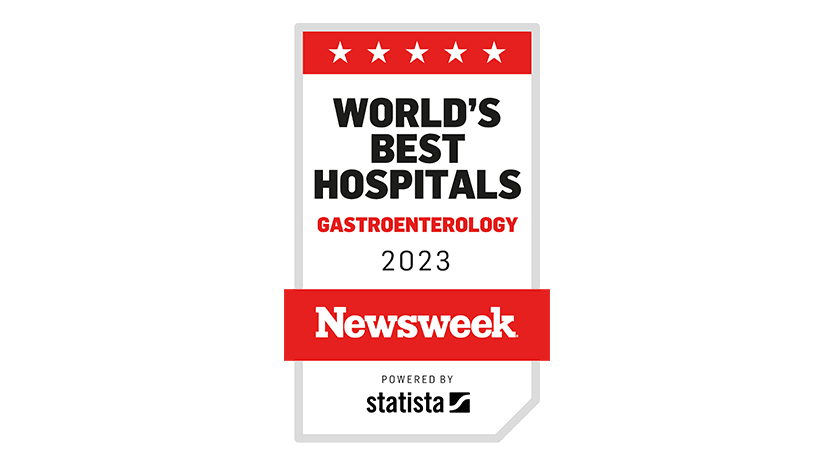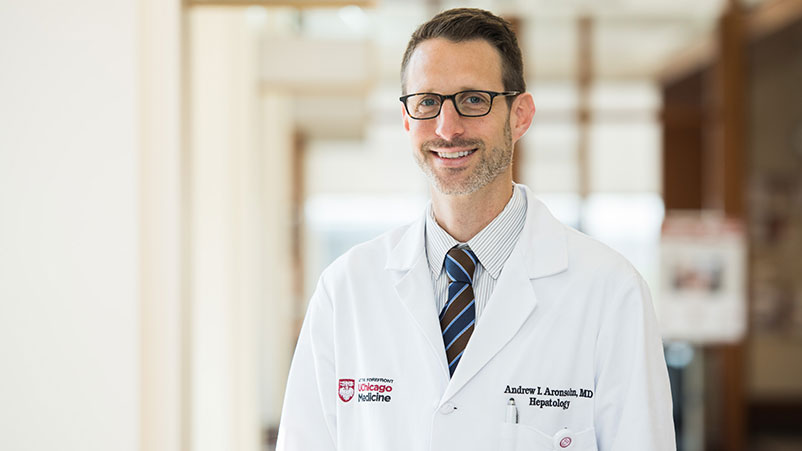Liver Diseases (Hepatology)

Expertise & Personalized Liver Disease Treatment for Every Patient
Providing Treatment for Liver Diseases
Request an Appointment
We are currently experiencing a high volume of inquiries, leading to delayed response times. For faster assistance, please call 1-888-824-0200 to schedule your appointment.
If you have symptoms of an urgent nature, please call your doctor or go to the emergency room immediately.
* Indicates required field
Liver Disease Specialty Programs

Our Fatty Liver Disease Clinic
The Steatotic Liver Disease Clinic program brings together liver disease experts from multiple specialties to ensure our patients with fatty liver disease receive comprehensive care.

Liver Tumor Program
Our liver tumor team has expertise in both end-stage liver disease and liver cancer, including primary and metastatic disease. We manage complex cases and treat patients without curative options.
Our Liver Care Locations in Chicagoland

Nationally Ranked in Gastroenterology & GI Surgery
According to U.S. News & World Report's 2025-26 Rankings

World's Best Hospitals for Gastroenterology
Newsweek ranked UChicago Medicine as one of top 50 best hospitals in the world for gastroenterology care.

Find a Clinical Trial
We’re committed to advancing discoveries that transform our patients’ lives and expand our physicians’ knowledge.

Traveling to Receive Care?
Destination UChicago Medicine is a new program providing concierge services for patients traveling from beyond our service areas for gastrointestinal care.

